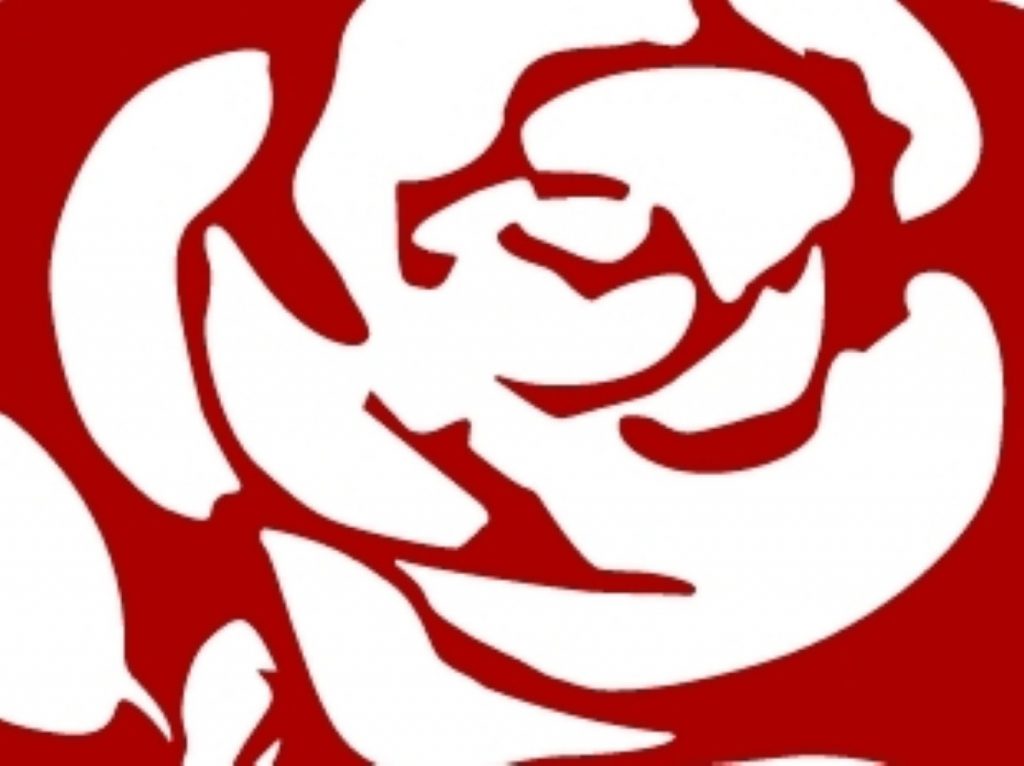Labour contest: One man, many votes?
by Peter Wozniak
The complex voting system of the Labour leadership election could give rise to individuals having more than one vote to cast, it has been suggested.
Under the system employed by the Labour party, three electoral colleges are allocated an equal share of the voting weight. They consist of MPs and MEPs, party members, and the largest and most numerous group, trade unionists and socialist society members.
It is with this last group that potential irregularities may occur.


As an individual may be a member of both a trade union and multiple socialist organistions at the same time, it is theoretically possible for one voter to have numerous ballot papers sent to them, and therefore a greater voice in the election.
Tony Lloyd, the chairman of the Parliamentary Labour Party, dismissed the implications of individuals having more than one say in the contest.
He said: “Having a system that recognises Labour’s federal structure is not illogical and not actually illegitimate. Rather that opposite. It is a practical necessity to make sure we have a robust system to have a leader who has the respect and support of all of our party.”
Mr Lloyd argued that because the weight of the affiliates college is far smaller per vote compared to Labour parliamentarians or even party members, there would be no dramatic influence on the outcome of the election, as few voters would seek the minimal advantage in voting power by joining large numbers of dues-charging unions and societies.
“What is really legitimate in terms of our democracy is that the leader of Labour emerges as somebody who has the confidence of those three different distinct parts,” he said.
Voting has already begun, with ballots having been delivered to those eligible from Wednesday.
The candidates: David and Ed Miliband, Ed Balls, Andy Burnham and Diane Abbott are engaged in a last-minute push for votes, before the result is announced on the 25th September, just before the Labour conference begins.









